After decades of digging a moat around itself in order to keep regular people out of its planning process, PJM's efforts have failed and they are now positively terrified of the ruckus you're about to cause.
Here's PJM's recently released Role in Regional Planning/2022 RTEP Window 3 document. You are supposed to read it and accept it, even though you may not agree, and even though PJM may have left out some important things. Here's PJM again telling people that it answers to no one and that PJM must build these things ASAP or your lights are going to go out. It's going to say the same things to your state utility commission when it appears as a witness for the utility that is assigned to build the project.
Our analysis shows without doubt that there are going to be real reliability impacts without further transmission reinforcements. These solutions are required to maintain the reliability of the system. If the transmission is delayed, load has to be dropped. We currently don’t have anything in the new services queue planning to come online in time. We are working with Talen Energy, the owner of Brandon Shores, on keeping those units in service past their proposed deactivation date of June 1, 2025, in order to ensure reliability.
PJM may provide supporting evidence on the need for a project from the perspective of grid reliability to help local officials better understand the project and its impacts.
Here's the real answer that PJM isn't telling you... when a new customer asks the local utility for new service, the utility could certainly build new generators to produce the electricity for the new customers. Building new generation is something that the state could require the utility to do. Let's use Dominion as an example here because Dominion is the utility that serves the data centers. Dominion could decide to build a new generator (or generators) near the data centers and ask the Virginia State Corporation Commission to approve it and assign costs to Dominion's customers. But, with Virginia's "clean energy" goals enshrined into law, the chances that the VA SCC would approve a big, new baseload generator that could satisfy the data center's insatiable thirst for electricity are slim. Nobody wants a new electric power plant in their neighborhood and solar, wind and other renewables can't supply the kind of on demand 24/7 power needed for data centers. So Dominion and the Commonwealth of Virginia simply shrugged and passed the buck to PJM to find a solution to the reliability problem the new data centers have caused. And this is the result. You probably didn't envision this when Virginia passed its clean energy laws, but this is what happened because Virginia passed environmental goals that were NOT achievable when combined with the building of new energy-intensive data centers. This is Virginia's problem and it's about time they own it, don't you think?
PJM handled the hot potato it received according to its existing rules. PJM did not acknowledge that this is a new problem caused by state clean energy laws and out-of-control building. PJM pretended that it was a transmission problem, not a generation problem. Therefore, PJM sought out any usable generation in its region to solve Virginia's lack of power and designed new transmission line extension cords to plug it into the data center load. PJM cannot order new generation to be built, it can only order transmission. Therefore, when the only tool you have is a hammer, every problem looks like a nail. Virginia could order new generation, but it chooses not to because new generation could make it impossible to achieve its clean energy goals. Even the Federal Energy Regulatory Commission recently questioned whether new infrastructure caused by energy policies of certain states should be fully paid for by those states. If Virginia had to pay for the entire $5B cost of this new transmission, perhaps building generation might be a cheaper alternative. But Virginia thinks it can do it cheaper by choosing transmission that is cost allocated to other states that will not benefit from the data centers or clean energy laws.
Ten years ago, PJM's independent Market Monitor suggested to PJM that it create a process by which new transmission is forced to compete with new generation to evaluate who would pay the costs and accept the risks of each alternative. If PJM had only listened to the advice of its own expert, we'd be having a very different conversation right now. It wouldn't sound like PJM's "Role" paper, it would sound more like this blog.
So, what can you do to change PJM's preferred plan? The document gives you several options in the last couple of paragraphs. The first is to participate in PJM's Transmission Expansion Advisory Committee meetings. Been there, done that. It's frustrating and exhausting. At every turn, you are faced with the virtual moat PJM has constructed around its processes designed to keep regular people out. PJM wants to make it really hard on you to participate. If you do manage to get in, share your thoughts, and not give a damn what PJM thinks about you, prepare to be thwarted at every turn. This is what many of us have experienced since August of this year. The TEAC process for these projects is done. PJM has made its recommendations despite everything that was said in its meetings. Let's move along.
PJM's second suggestion is to send your comments to its Customer Service and Planning Departments. Don't waste your time here, either. PJM says it will "compile" these comments for the Board of Managers' perusal. In other words, PJM will sanitize your comments so that they support its recommendations. PJM only wants you to communicate with its Board of Managers through a filter it controls. You might as well not even bother.
The third option is the one you should use.
Any stakeholder may also provide written communication directly with the 10- member PJM Board on issues regarding PJM markets, operations or planning. This communication will be made public, consistent with rules related to “ex parte” communications as outlined in the PJM Code of Conduct. All such communications should be sent to the PJM Members Committee Secretary ([email protected]), who will ensure delivery to the Board of Managers. Notice of Board communications and documents are posted and available on the Board Communications page of PJM.com.
Deadline for comments to PJM's Board of Managers is Monday, December 4 (one week before the Board meets to consider approval of the projects on December 11). PJM "forgot" to tell you about that in its "Role" paper. Another Freudian slip that can derail your efforts. It seems that PJM is more about trying to keep people out of its processes than it is about inclusion. PJM doesn't care what you think and is going to do what it wants despite your best efforts. If PJM is trying to steer you away from a letter to the Board of Managers, then you can bet that's your best option. Maybe PJM is a little transparent after all... but not in a good way.

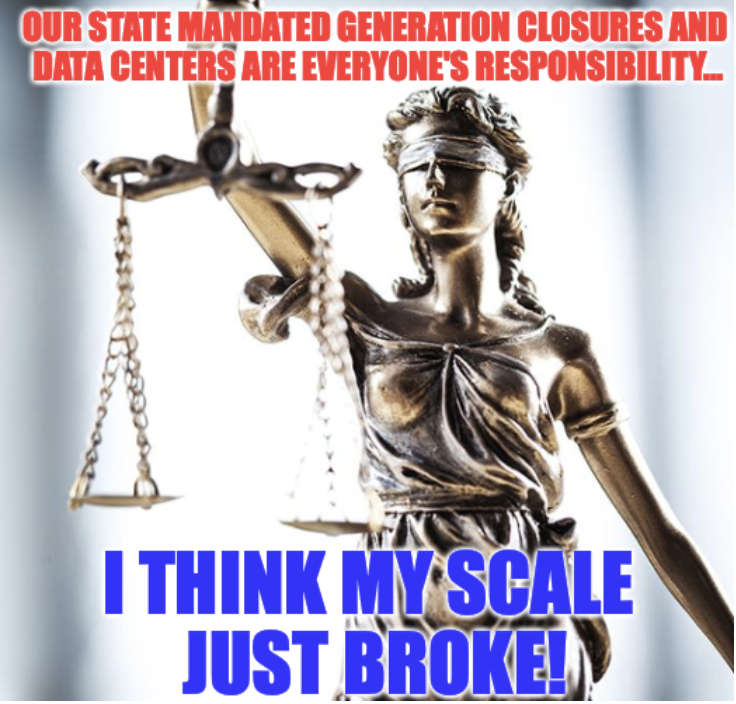
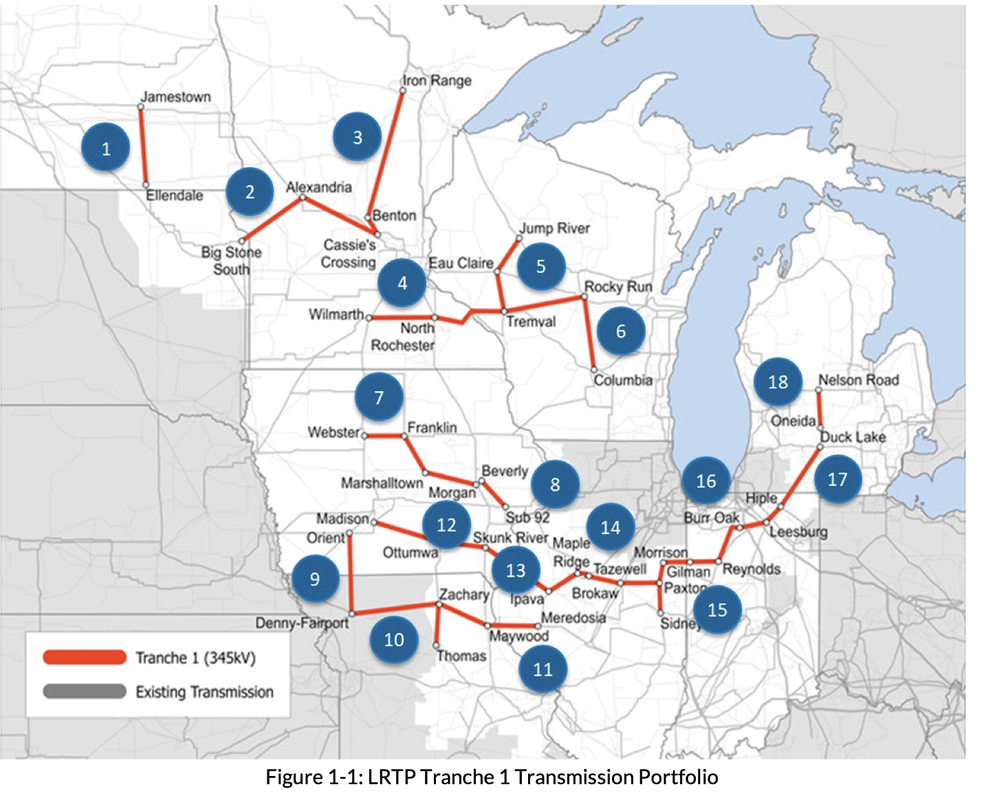


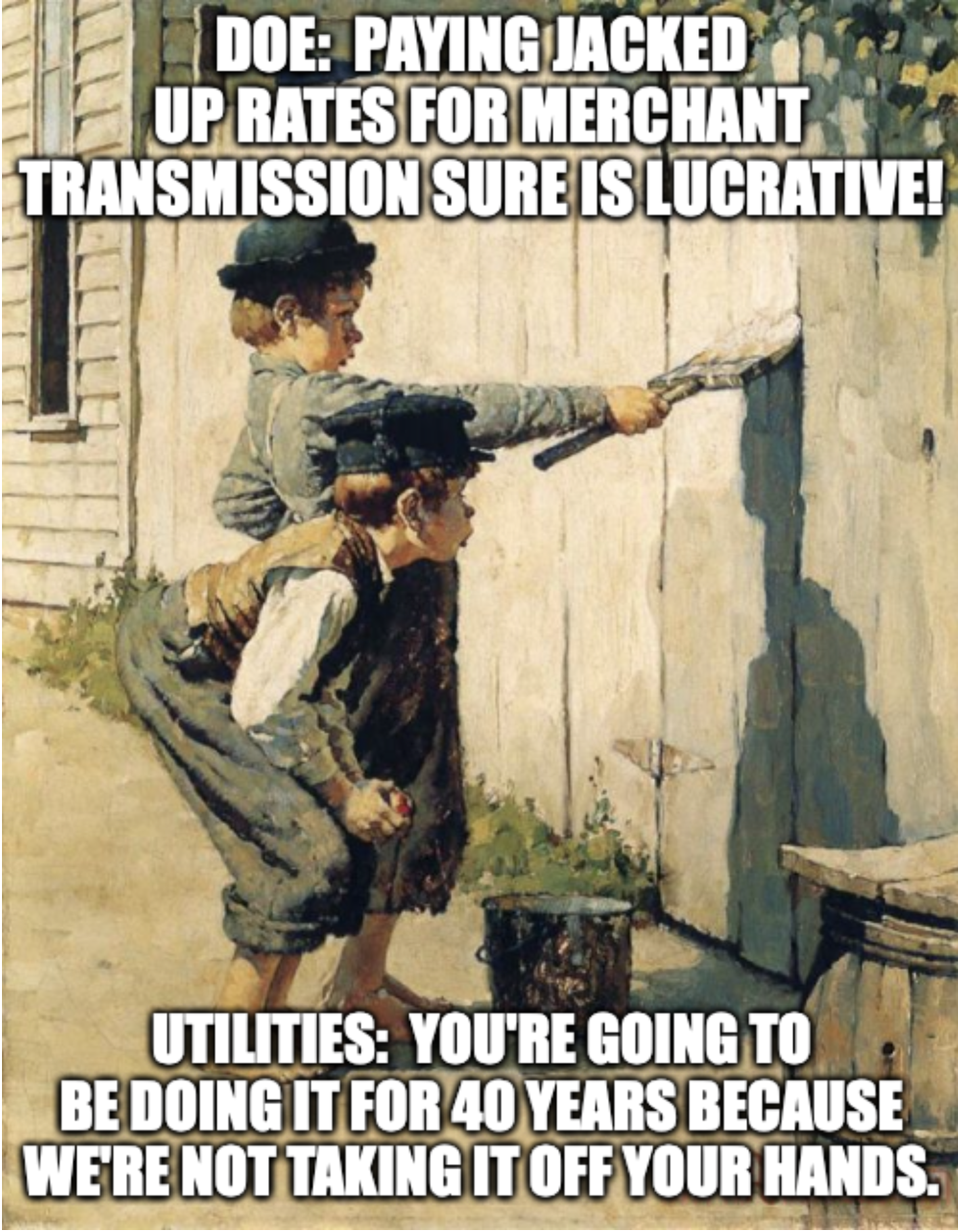
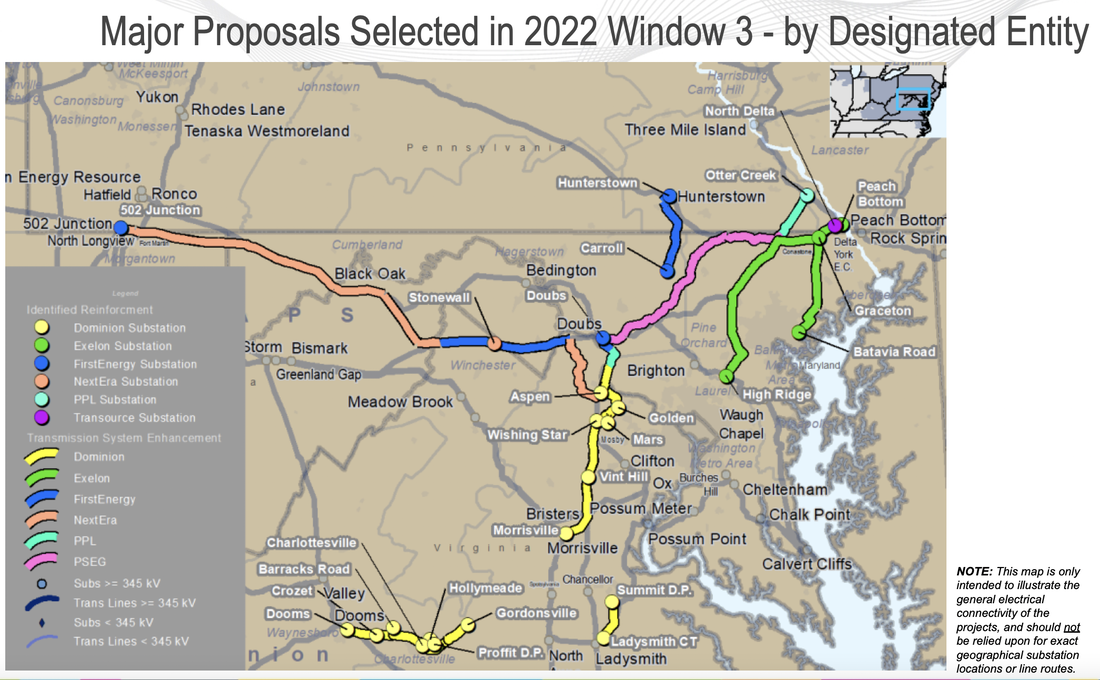
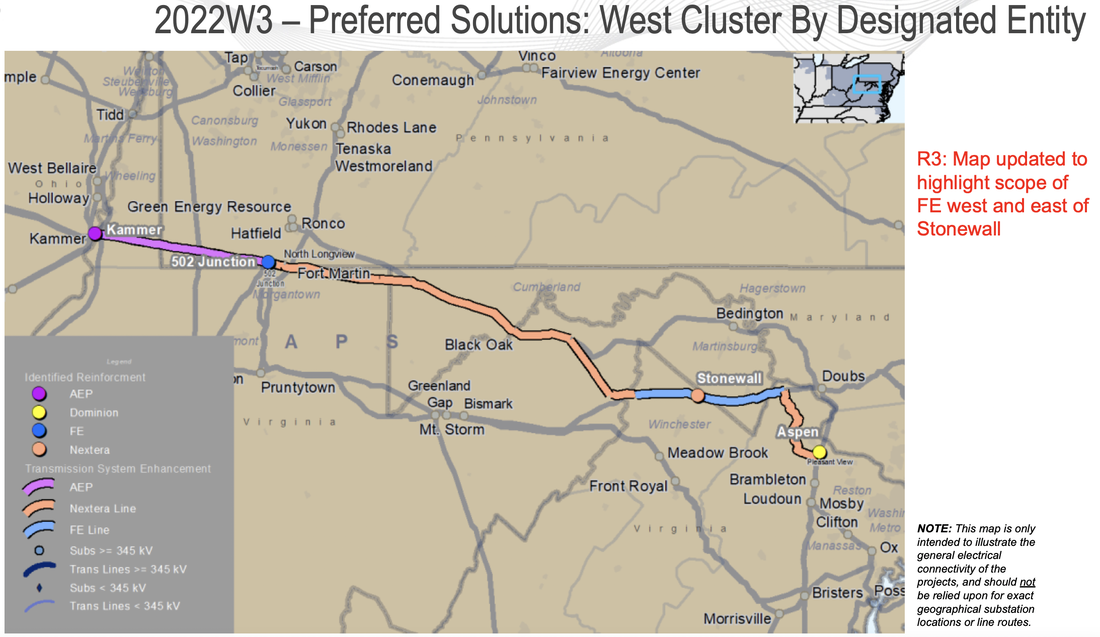
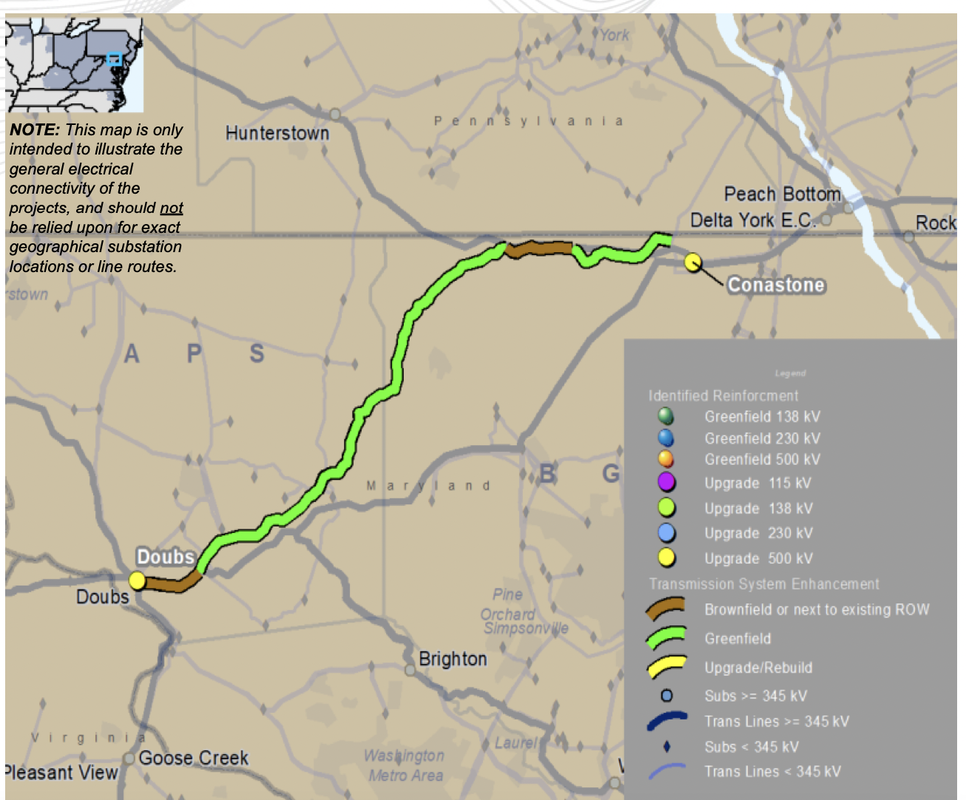
 RSS Feed
RSS Feed